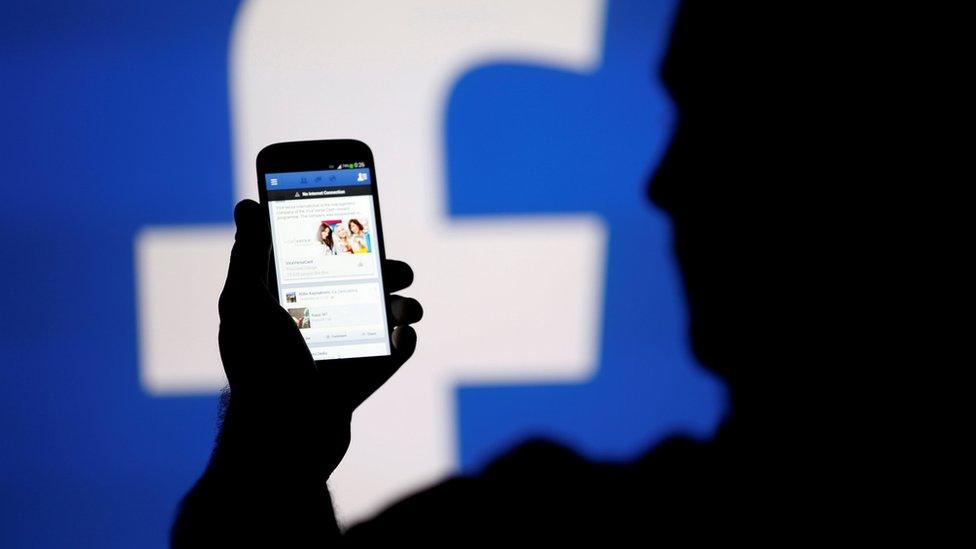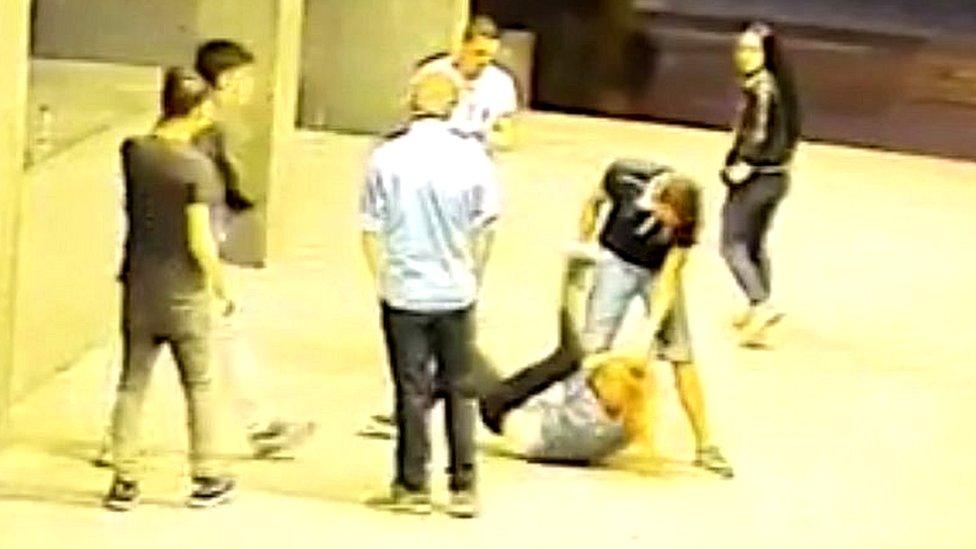Fake news: Facebook and Google team up with French media
- Published

French journalists are teaming up with Facebook and Google to create a new fact-checking service aimed at tackling the rise of "fake news".
Seventeen French newsrooms will be involved in the CrossCheck project, with a focus on the French elections.
The news agencies involved include French daily Le Monde, BuzzFeed News and Agence France-Presse.
Germany and the US have already agreed measures with Facebook to help tackle the issue.
The news organisations operating in France will collaborate with the two technology giants to debunk false information amid an increase in pressure in recent weeks to prevent the spread of fraudulent reports.
CrossCheck, a collaborative verification project aimed at helping French voters "make sense of what and who to trust online", will offer users the option to identify and flag news stories as either "real", "satire" or "fake".
The project is supported by both Facebook and Google's News Lab.

Read more

Facebook has faced criticism for failing to prevent the republishing of false information on its site during last year's US presidential election campaign.
Concerns have now been raised that false information may be distributed on Facebook or promoted on Google in the build-up to the French presidential election, which takes place in April and May.
Le Monde said on Monday that the CrossCheck project was "an experiment".
Last week, Le Monde introduced a new tool, Decodex, external, aimed at helping readers check the reliability of information online.
"In a digital world where the traceability of information is often confusing, or deliberately garbled," Le Monde wrote on its website, "[we will] provide everyone with good practices for checking their sources."
In the US, Facebook is providing users with a service that allows them to highlight fake articles on their feeds as a hoax.
Facebook has said that it will also work with organisations such as fact-checking website Snopes, ABC News and the Associated Press to check the authenticity of stories.
Last month, Facebook set up an initiative in Germany, where officials had expressed concerns that online "hate speech" could influence the parliamentary elections in September in which Chancellor Angela Merkel is seeking a fourth term in office.

How will services like CrossCheck work?
The aim is to allow users to "upload" information that they believe to be false
The links reported are collected and held within a portal, which news organisations have access to
The reports can then be fact-checked and the information verified
If two partner media establish that a report is false, it will appear in feeds with a flag
If a user then wants to share the content, a window will open with a "fake news" alert
- Published2 February 2017

- Published16 January 2017
- Published15 November 2016